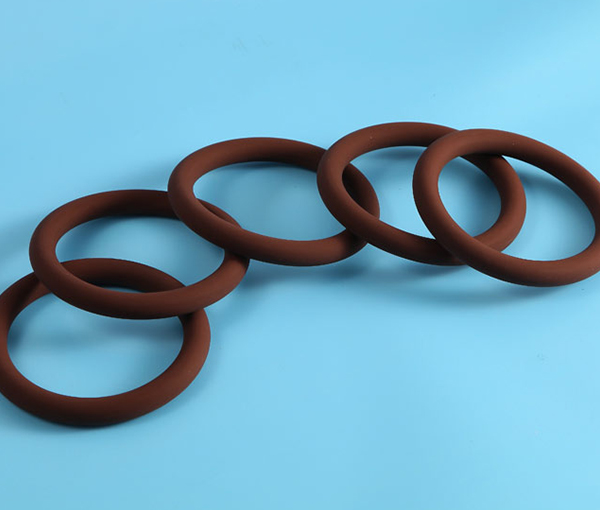-
National consultation hotline:
13590252450 / 18676388050


Time:2024-05-09 Preview:1
O-rings are one of the most commonly used sealing rings. Due to different working conditions, the requirements for sealing rings are mostly different, so there are many types of sealing rings. So what are the common materials of O-rings? In what situations are they generally applicable?

Common sealing ring materials include hydrogenated nitrile rubber, nitrile rubber, silicone rubber, fluorine rubber, fluorosilicone rubber, butyl rubber, etc.
1. Hydrogenated nitrile rubber
It has good corrosion resistance, compression resistance and tear resistance, and can also resist the damage of ozone, sunlight and oil pollution. It is suitable for O-rings in automobile engines, washing machines and new ring refrigeration systems, but it cannot be used in esters, alcohols and aromatic solvents.
2. Nitrile rubber
It has low cost and is widely used. It is generally used in media such as water, silicone oil, glycol hydraulic oil, but it is not suitable for use in polar solutions such as ozone, ketone nitro hydrocarbons, etc.
3. Silicone rubber
It can resist cold, heat, and damage from ozone and atmospheric aging, but its tensile strength is poor and it is not oil-proof. It is generally used for O-rings on household appliances, such as microwave ovens, water heaters, electric irons, etc., water dispensers, kettles, etc.
4. Fluorine rubber
It has good ozone resistance and weather resistance, and its high temperature resistance is better than silicone rubber, but its cold resistance is poor. It is generally used in O-rings in fuel systems and chemical plants. It is not recommended to use it in ketones and nitric acid mixtures.
5. Fluorosilicone rubber
Fluorosilicone rubber combines the advantages of silicone rubber and fluorine rubber. It can resist the erosion of oxygen-containing compounds, fluorinated solvents and aromatic hydrocarbon solvents. It has good oil resistance, fuel oil resistance and solvent resistance. It is generally used in O-rings in the military and aerospace fields. It is not recommended to use it in brake oil and ketones.
6. Butyl rubber
It has good heat resistance and airtightness, can resist the damage of sunlight, polar solvents and ozone, and has good insulation. It can be exposed to oxides or animal and vegetable oils. It is generally used in vacuum equipment and O-rings resistant to chemicals. It cannot be used with petroleum, aromatics or kerosene.
If you want to know more about the latest industry information about seals, please log in to our official website